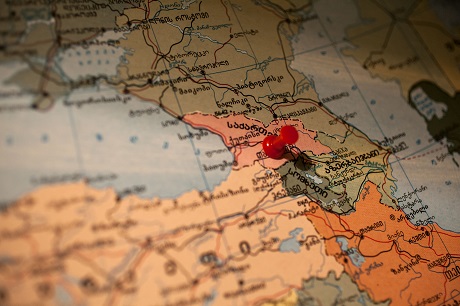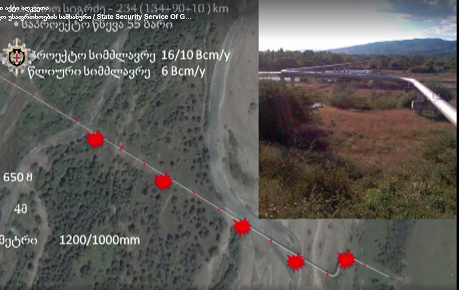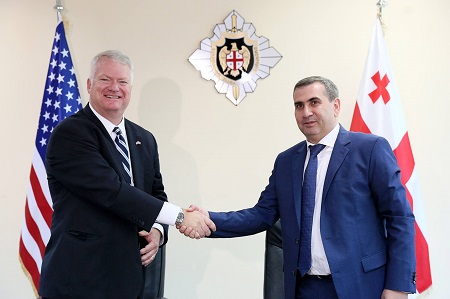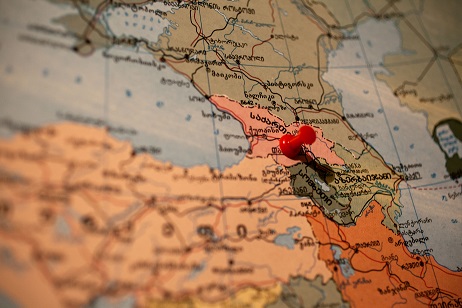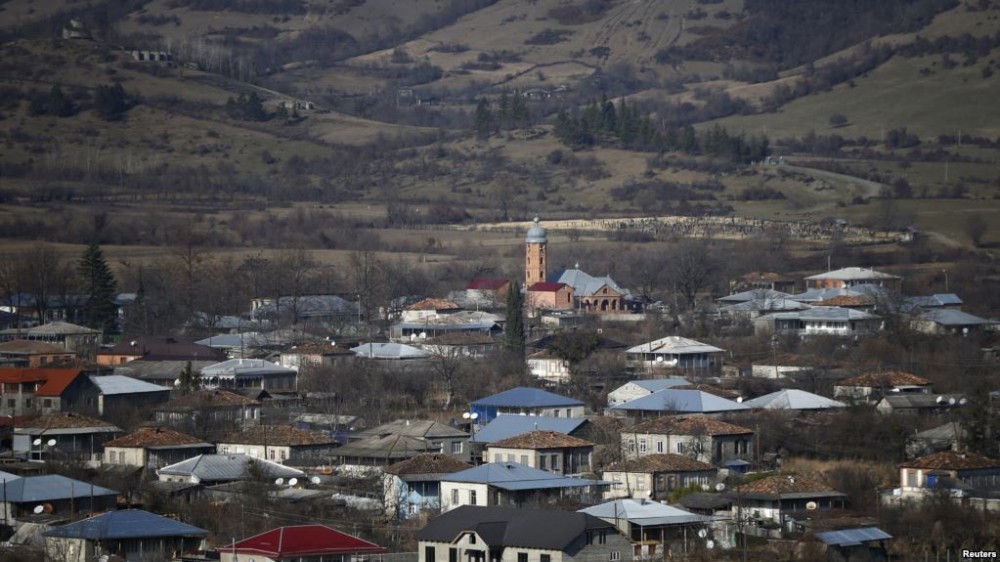Georgia-born top ISIS terrorist dies in attack, Pentagon confirms
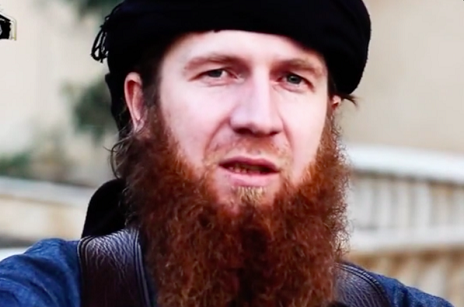
A Georgian-born man who fled to Iraq and became a military leader of terrorist group Islamic State of Iraq and Syria (ISIS) is dead, the Pentagon confirms.
Omar al-Shishani (Omar the Chechen) was the nom de guerre of Tarkhan Batirashvili, born and raised in the Pankisi Gorge, a valley mainly inhabited by the Kist sub-ethnos in northeastern Georgia that borders the Chechnyan republic of the Russian Federation.
United States (US) defence officials confirmed to the BBC Shishani died from injuries sustained in a recent US air strike in north-eastern Syria.
The strike took place on March 4 near the town of Shaddadi, where Shishani had reportedly been sent to bolster local ISIS forces.
Earlier reports suggested Shishani could have survived the attack on an ISIS convoy but early this morning a Pentagon spokesman confirmed the terrorist leader "is dead".
On Sunday the Syrian Observatory for Human Rights monitoring group said the ISIS leader had been "clinically dead" for several days.
Shishani was one of several ISIS leaders most wanted by Washington, which put a $5 million USD bounty on his head.
Reports regarding his death have spread via international media several times in the past but all earlier reports of his death proved false at that time.
Shishani, who once served in the Georgian Army, is understood to have joined ISIS in 2013. After rising up the ranks he was put in charge of a prison near Raqqa where the terror organisation might have held foreign hostages.
He had a reputation as one of the terror group’s most capable commanders.
"Batirashvili is a battle-tested leader with experience who had led ISIL fighters in numerous engagements in Iraq and Syria," Pentagon press secretary Peter Cook said in the statement after the initial strike but before his death was confirmed, CNN reported.
"His potential removal from the battlefield would negatively impact ISIL's ability to recruit foreign fighters - especially those from Chechnya and the Caucus regions - and degrade ISIL's ability to coordinate attacks and defence of its strongholds like Raqqah, Syria, and Mosul, Iraq.”
 Tweet
Tweet  Share
Share
